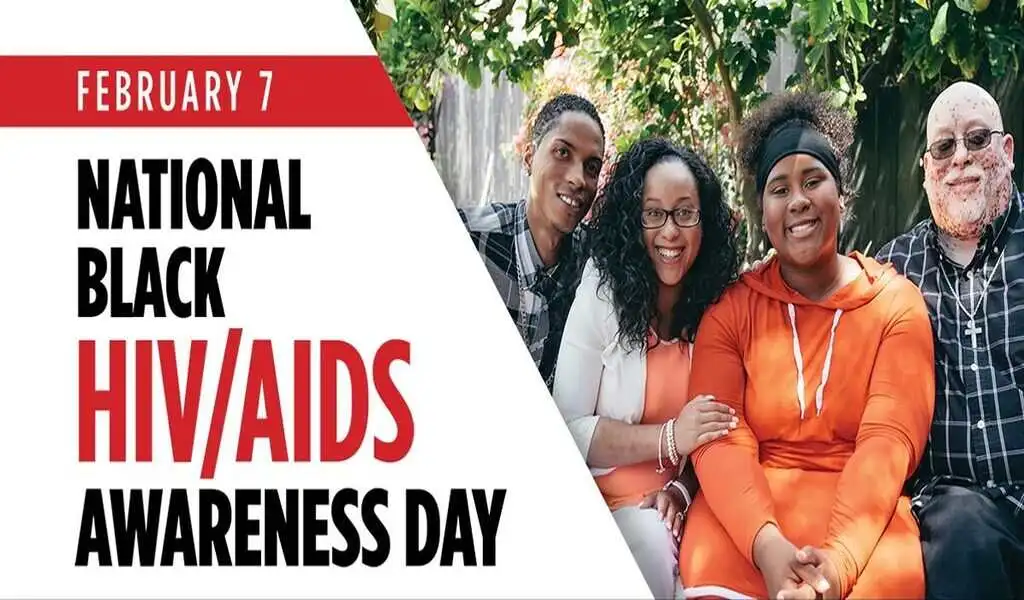Health
National Black HIV/AIDS Awareness Day: History and Significance

Every year, on December 1, all countries observe World AIDS Day. So what is National Black HIV/AIDS Awareness Day? How does it differ from World Aids Day?
As early as the 19th century, HIV or AIDS was diagnosed in black communities and especially in Africa. After that, HIV/AIDS kind of stuck to the community, and some people formed stereotypical beliefs about HIV and the black community by unnecessarily linking them together.
Following the 90th century, black communities achieved great success in reducing HIV and containing its spread. Despite this, the disease was very little known. Racism and discrimination also prevented them from reaching the health care system.
Additionally, African countries and especially the black community lacked a proper health care system. In an effort to reduce this discrimination and create more awareness about HIV/AIDS among the black community, National Black HIV/AIDS Awareness Day was observed for the first time on 7th February.
The NBHAAD aims to improve HIV awareness, testing, community involvement, and treatment among black communities.
Must Read: HIV/AIDS Variant Discovered: Could be More Infectious and Deadly
HIV/AIDS| An analysis of numbers about HIV in the Black community
African Americans accounted for 43 percent (16,694) of new HIV/AIDS diagnoses in 2017. After 2016, HIV diagnoses among blacks/African Americans decreased by 12%. Numbers did not drop significantly.
Blacks/African Americans were estimated to have contracted HIV in 2015 at 468,800. In 2015, 85 percent of African Americans with HIV received a diagnosis, 60 percent received HIV medical care, 46 percent were retained in HIV care, and 46 percent had a suppressed viral load.
African Americans received HIV diagnoses at a rate of 60% (10,070) among gay or bisexual men, the majority of whom were black.
HIV/AIDS Challenges faced by the black community in Africa/ America
In African American communities, many people had HIV. If they have sex with someone of the same race/ethnicity, there is a risk of spreading the virus.
Among the community, there was both a lack of awareness and a lack of health care facilities. The situation has changed over the years, but the risk remains the same.
On this day, HIV-positive people are informed about various health care facilities and a number of awareness programs are held.
Also Check:
Health Department Clears Up Controversial Face Masks Law
Deltacron – Cyprus Identifies Combined ‘Deltacron’ COVID Strain
The Best and Comfortable KN95 and N95 Mask Near me – How to Buy
Scientist: Deltacron, the New Variant of Covid-19, is an error? Read here






























